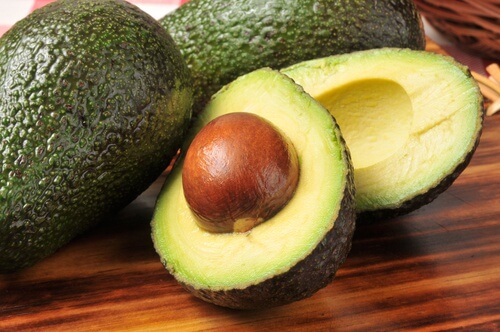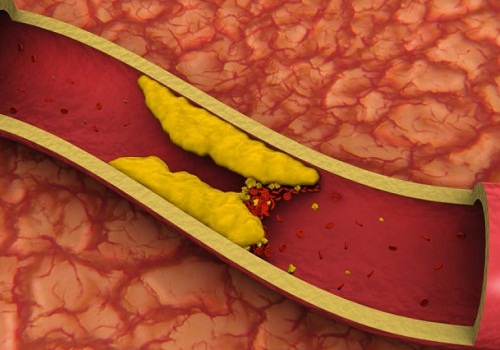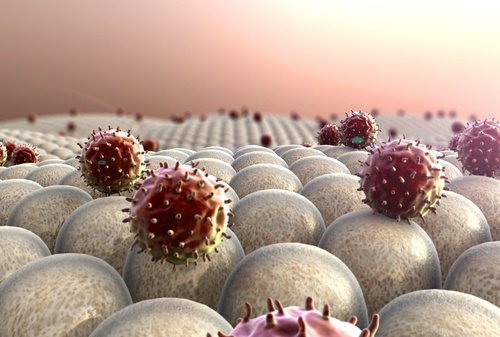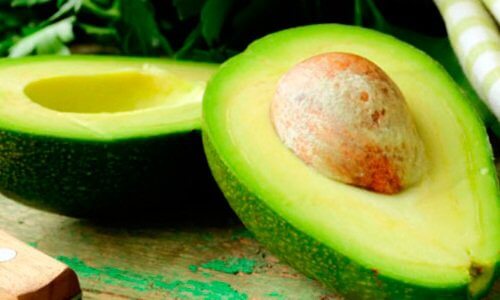7 Reasons to Never Throw Out Avocado Seeds Again

Although they taste slightly bitter, it’s a good idea to not throw out avocado seeds when you eat the fruit. You can benefit from their antioxidant compounds or anti-inflammatory properties.
Avocados are delicious and versatile fruits that people have included in different types of diets for quite some time.
Some doubted their properties for a long time, as they said they caused weight gain due to their high calorie and fat content.
However, over the course of time they’ve been shown to have the highest quality nutritional value and healthy fats.
Currently, we’re trying to prove whether the avocado’s seed, the part most people throw away, is also a significant source of beneficial compounds for your health.
For example, avocado seeds are a significant source of fiber, amino acids, and antioxidants compounds which promote optimal functioning of several organs in the body.
Because a lot of people are still unaware of the benefits provided from avocado seeds, today we’re going to talk about 7 reasons why you should never throw out avocado seeds again.
1.Don’t throw out avocado seeds because they help with cholesterol

Experts believe avocado seeds contain around 70% of the required amino acids.
These can be useful by extracting oil from the seed, which is may help control high cholesterol levels to thereby reduce the risk of developing cardiovascular diseases.
Read also:
Everything You Should Know About Cholesterol
2. They contain fiber
This part of the avocado is believed to have more fiber than any other food.
Fiber is a nutrient that supports digestive function by improving the ability to absorb other nutrients and to stimulate intestinal movement.
Consuming fiber could control problems like diarrhea, and even though it may sound contradictory, it also prevents constipation.
3. They may help with inflammation
They could help to control the body’s inflammatory response, making them effective at reducing gastrointestinal inflammation.
In various regions throughout South America, people use avocado seeds as a remedy for fighting stomach infections and problems associated with inflammation.
They can also have a positive effect of other diseases, like arthritis and osteoarthritis.
4. They may help strengthen the immune system

When experiencing the first cold and flu symptoms, it’s a good idea to use a bit of avocado seed throughout the day to keep your defenses up.
Because of the seed’s phenolic compounds, this food may be able to help stop viral and bacterial infections by strengthening the immune system.
5. They may stop premature aging
More than 50% of an avocado’s antioxidants are in the seed. This compounds are essential for the body. They’re the only compound capable of fighting against free radicals, which are the primary causes of premature aging.
It will make you feel rejuvenated, and it may also stimulate collagen production to keep the skin looking firm and wrinkle-free for longer.
6. Strong, shiny hair
Applying avocado seed oil to your hair will provide it with nutrients and spectacular shine. In fact, some people are convinced that it is one of the best remedies to treat dandruff, lice and knits.
Read also:
7. Weight loss

While the meat in the avocado is great for this, the seed can also be fairly useful because it may help control blood sugar levels.
High sugar indexes change metabolic function and slow down weight loss.
This ingredient may help to control blood sugar levels. This can make the entire body feel satiated to prevent consuming excess calories throughout the day.
How can you eat avocado seeds?

You can include avocado seeds in your diet in several ways: you can dry them, grate them, toast them, roast and eat them.
They’re also good in:
- Salads
- Juices
- Smoothies
- Teas
- Soups
They do taste slightly bitter, which is why we don’t advise including large amounts of them.
Avocados are a great example of the wonders that nature can provide for your health. Not only is the meat rich in nutrients, but you can also use the seed.
So why throw out avocado seeds if they’re so healthy? Even though they don’t taste the best, it’s worth to start including them in your diet to keep your body healthier. So go ahead and use them!
All cited sources were thoroughly reviewed by our team to ensure their quality, reliability, currency, and validity. The bibliography of this article was considered reliable and of academic or scientific accuracy.
- Mejía, E. (2011). Aguacate. Monografìa de Cultivos.
- Campos, E. (2011). El aguacate. AGROPRODUCTIVIDAD.
- Muñoz, M. A., & Barrón, A. R. (2009). Efectos médicos del aguacate. Medicina Interna de Mexico.
- Alcázar, M. P. (2003). Artritis y artrosis: clínica y tratamiento. Farmacia profesional, 17(11), 50-54. https://www.elsevier.es/es-revista-farmacia-profesional-3-articulo-artritis-artrosis-13056238
- Mahmassani, H. A., Avendano, E. E., Raman, G., & Johnson, E. J. (2018). Avocado consumption and risk factors for heart disease: a systematic review and meta-analysis. The American journal of clinical nutrition, 107(4), 523-536. https://www.ncbi.nlm.nih.gov/pubmed/29635493
- Tremocoldi, M. A., Rosalen, P. L., Franchin, M., Massarioli, A. P., Denny, C., Daiuto, E. R., … & de Alencar, S. M. (2018). Exploration of avocado by-products as natural sources of bioactive compounds. PLoS One, 13(2). https://www.ncbi.nlm.nih.gov/pmc/articles/PMC5812635/
- Duarte, P. F., Chaves, M. A., Borges, C. D., & Mendonça, C. R. B. (2016). Avocado: characteristics, health benefits and uses. Ciência Rural, 46(4), 747-754. http://www.scielo.br/scielo.php?script=sci_arttext&pid=S0103-84782016000400747
- Segovia, F. J., Hidalgo, G. I., Villasante, J., Ramis, X., & Almajano, M. P. (2018). Avocado seed: A comparative study of antioxidant content and capacity in protecting oil models from oxidation. Molecules, 23(10), 2421. https://www.ncbi.nlm.nih.gov/pmc/articles/PMC6222478/
This text is provided for informational purposes only and does not replace consultation with a professional. If in doubt, consult your specialist.








